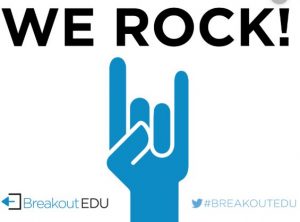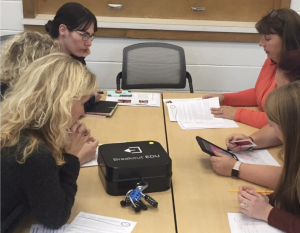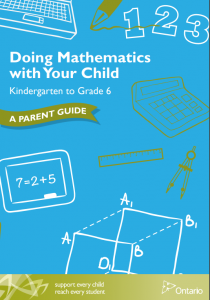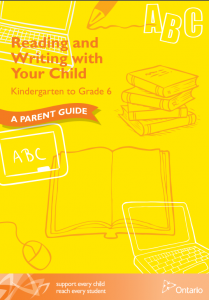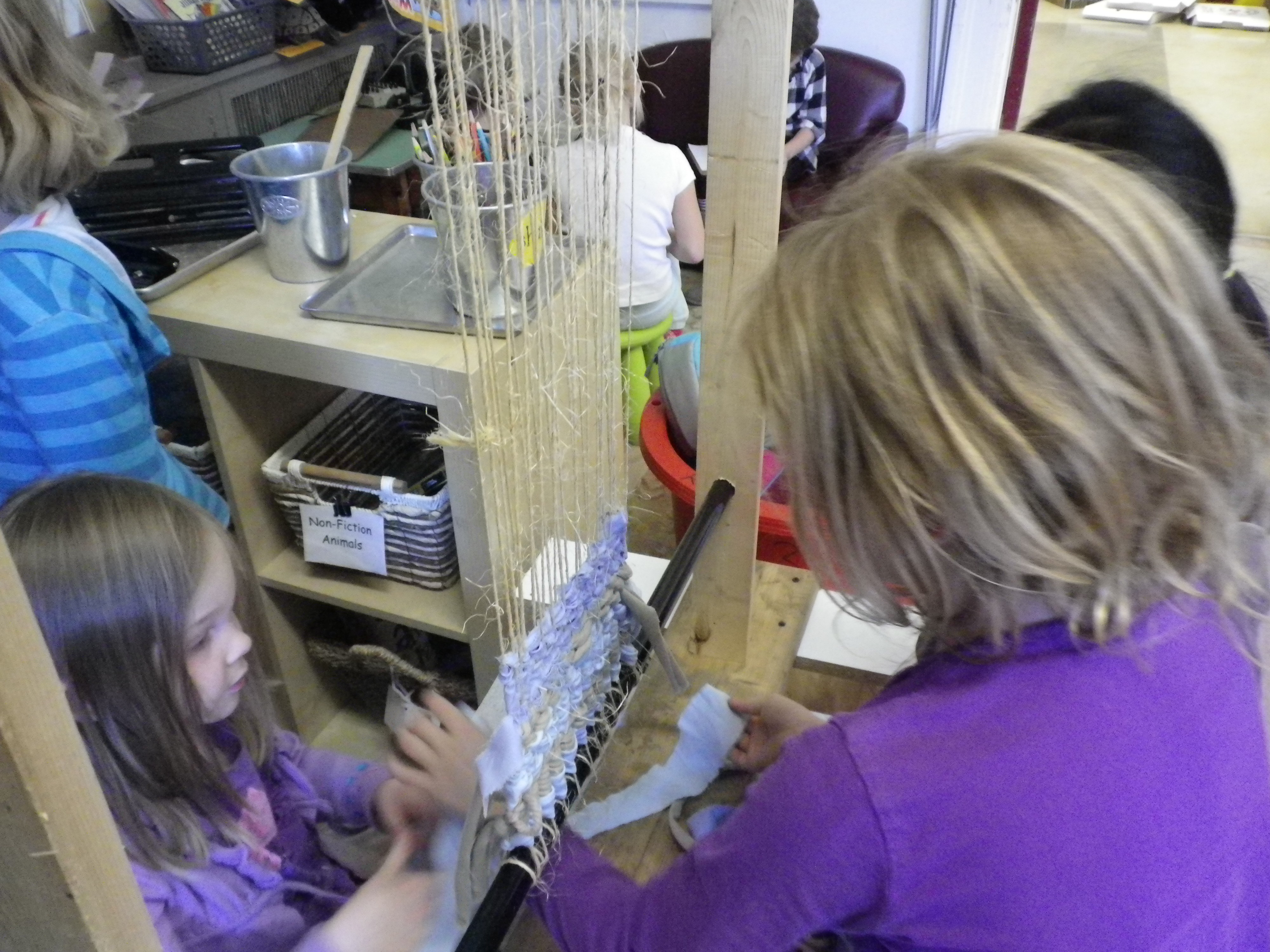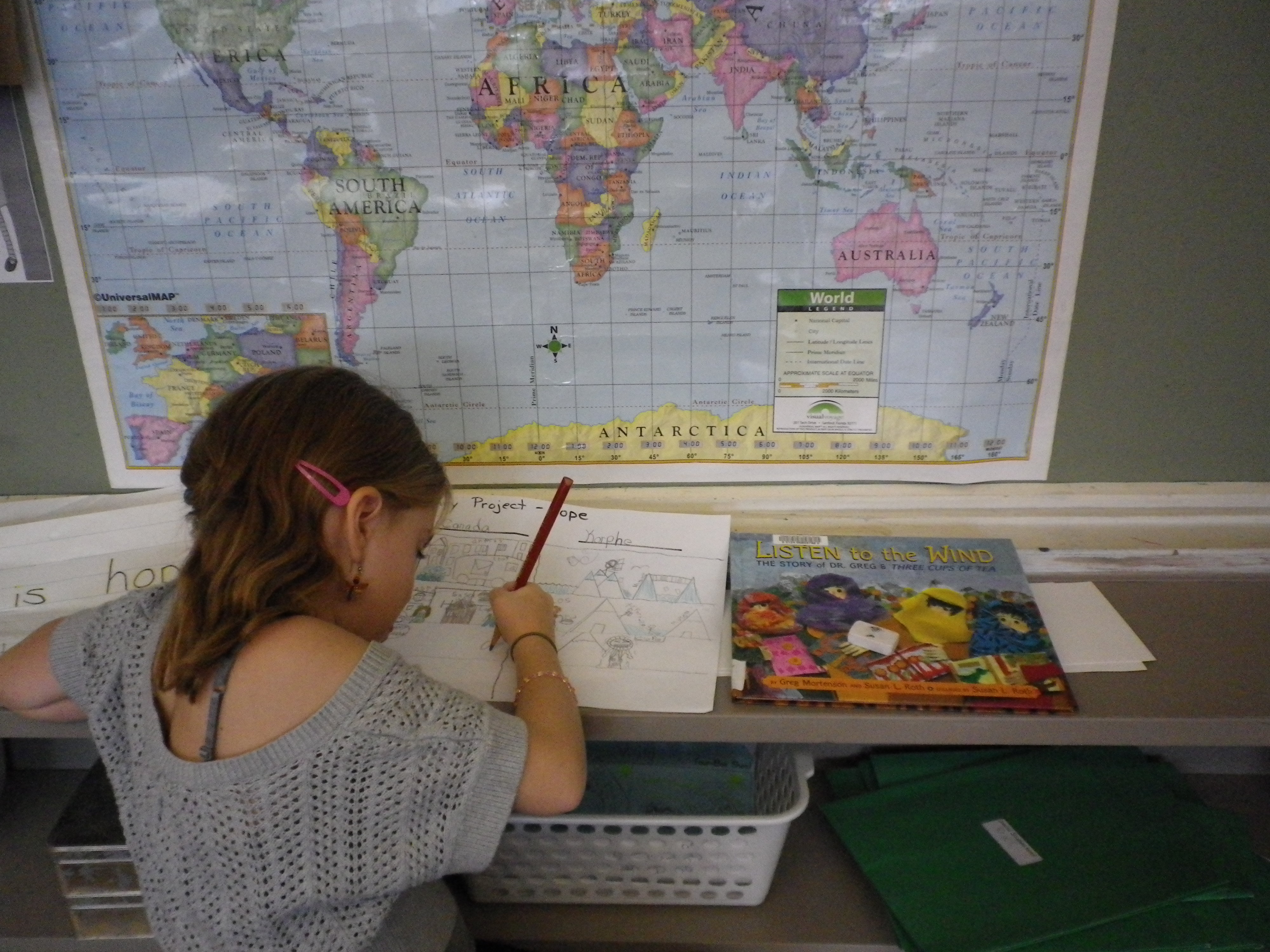Breakout EDU is like an Escape Room in a box. The players use teamwork and critical thinking to solve a series of challenging puzzles in order to open a locked box. The first time I experienced Breakout EDU with my students I was not the designer of the game. Another teacher had designed the Breakouts and we were using it as a provocation for an inquiry on the Olympics. I was amazed at how much I wanted to help my students. It was difficult to watch them struggle and yet, that is where the learning happens. We want our students to BE “gritty” and we need to provide opportunities for students to develop that grit. Breakout EDU is a great way in which to have the students experience “the struggle”. The kit looks like this:
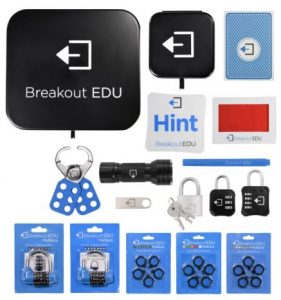 https://www.breakoutedu.com/
https://www.breakoutedu.com/
The kit itself is quite pricey and unless your school already has one, it is quite an investment. However, you can make your own with a tool box and locks purchased from a variety of stores. You can also create online digital Breakouts that create the same kind of collaborative, problem solving activity just without the cool locks. Here is the link to some curated online “digital” breakouts. I haven’t looked at all of these for curriculum alignment, but it will give you some ideas to use to create your own digital breakouts.
“Breakout” is sort of a misnomer. You are actually “breaking in” to the box using a number of clues students solve puzzles in order to open the various word, number and key locks. This can connect to the curriculum in a number of different ways and can be used effectively as an introduction, provocation or summary for learning. You aren’t going to get too terribly deep into content when students are busy trying to solve for clues. For me, Breakout EDU is far more about developing the 6 C’s; collaboration, creativity, critical thinking, communication, citizenship and character building. It is fascinating to have students work in groups to solve problems with a common goal. Breakout EDUs provide opportunities for students to practice developing their learning skills and gives the teacher the opportunity to collect data as the learning is self-directed. The activities lead easily into self-reflection of learning skills. Below are some of the questions that I find valuable for the consolidation portion of a lesson after a Breakout EDU activity:
Questions for Reflection
1. How did you determine roles in your group?
2. What did you find most difficult?
3. What did your group do really well together?
4. What would you do differently next time?
5. How did you contribute to the group?
6. How did you work to include everyone in your group?
Once students are familiar with the Breakout EDU format (depending on the age/grade level) they can then create their own Breakouts for their classmates. The students interact with the learning from a different perspective and have to find the most important information to highlight for the clues in the development of the Breakout.
So what are the drawbacks? Breakout EDU is competitive. The students are working against each other and/or against the clock. You have to know which students can handle that type of pressure. Working in groups on a common task may be difficult for some students with self-regulation issues so you have to know your students well and plan accordingly, as you would for any group activity.
Finally, Breakout EDU is also a great tool to use with your staff. If you have a lot of information to get through and you want the participants to get to some salient points and the Google Slide presentation just isn’t cutting it, using a Breakout EDU will make for an interactive, team building staff meeting! It is also great to have the adults experience the struggle that we all want students to go through to develop grit and resilience.
Like with any tool, it takes time and research to ensure that it is right for your classroom. The more I use Breakout EDU in my teaching, the more I think of ways to use it!

